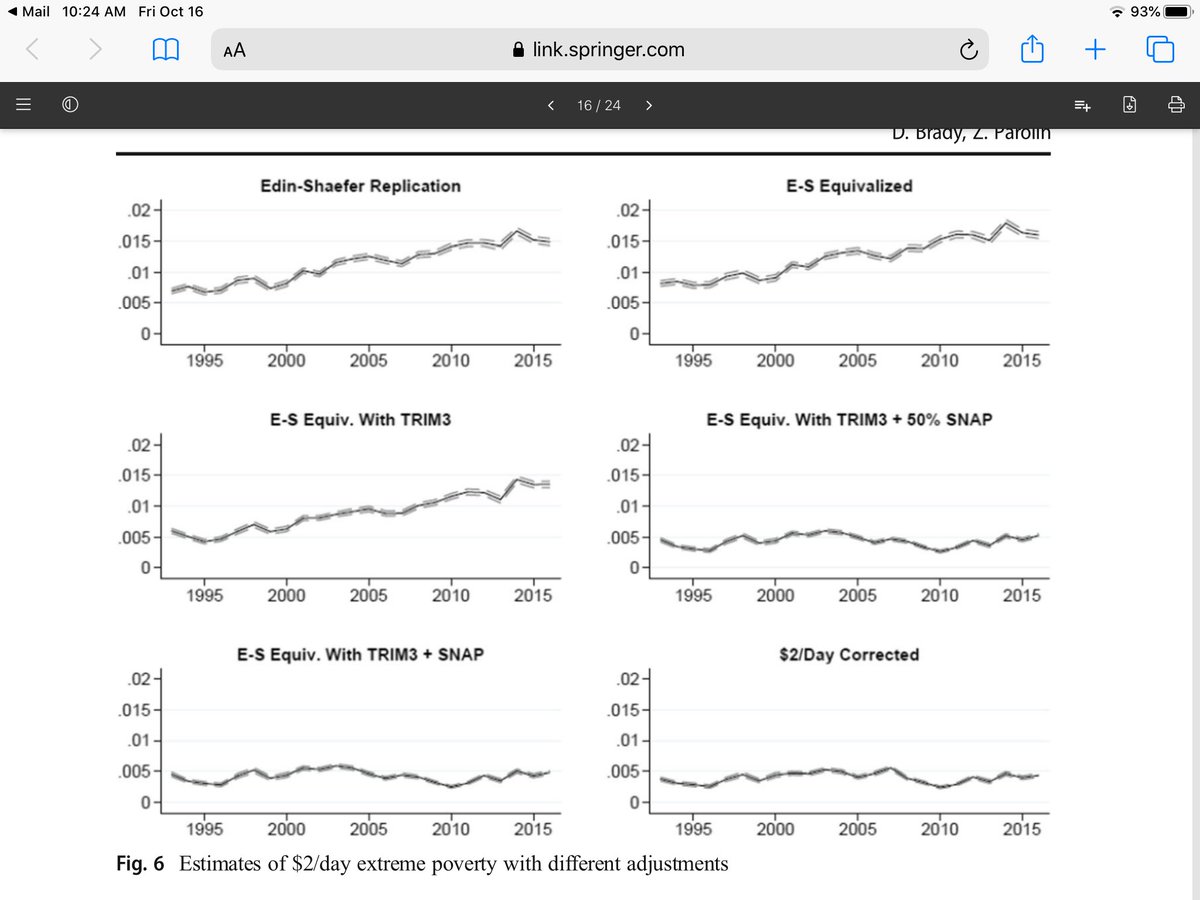
public policy professor, @USCPrice, @WZB_Berlin, father, recovering Pirates fan, he/him, poverty/racial inequality/immigration/social policy/health
How to get URL link on X (Twitter) App






https://twitter.com/amorygethin/status/1459159966799962113US healthcare is very expensive partly bc it is most privatized (bradydave.files.wordpress.com/2016/03/bradye…) & bc US is very unhealthy. This dramatically inflates health spending as % of GDP. This paper takes public spending on healthcare (inflated by above) & distributes it *EQUALLY* to everyone?
